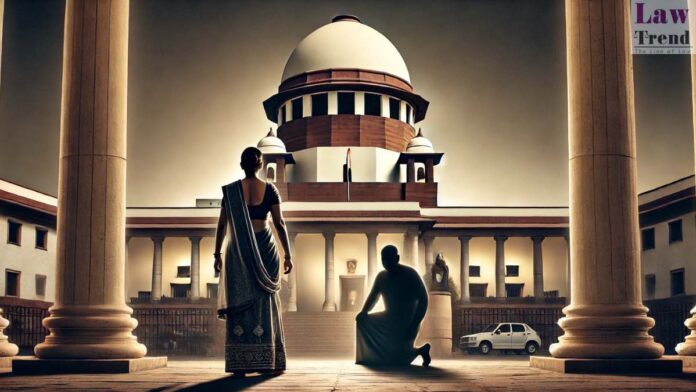The Supreme Court of India, in a significant ruling, has quashed criminal proceedings for an alleged offence of rape, holding that the continuation of the case, initiated four years after the alleged incident based on a complaint lacking specific details, would amount to a “gross abuse of the process of law.” A bench comprising Justices
To Read More Please Subscribe to VIP Membership for Unlimited Access to All the Articles, Download Available Copies of Judgments/Order, Acess to Central/State Bare Acts, Advertisement Free Content, Access to More than 4000 Legal Drafts( Readymade Editable Formats of Suits, Petitions, Writs, Legal Notices, Divorce Petitions, 138 Notices, Bail Applications etc.) in Hindi and English.




